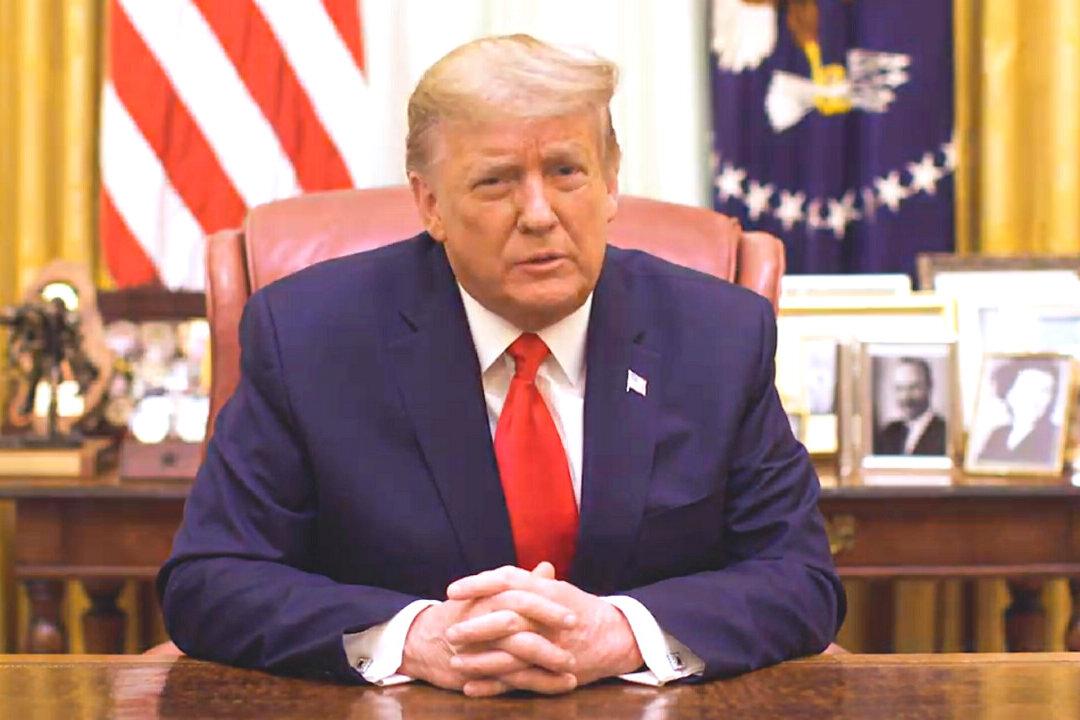President Donald Trump granted pardons to 73 individuals and commuted the sentences of an additional 70 in the final hours of his presidency.
The full list of presidential pardons and commutations includes former White House chief strategist and ex-Breitbart chairman Steve Bannon, as well as rappers Lil Wayne and Kodak Black, ex-Detroit Mayor Kwame Kilpatrick, and former Trump fundraiser Elliott Broidy.




